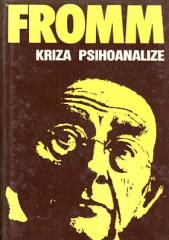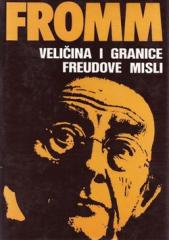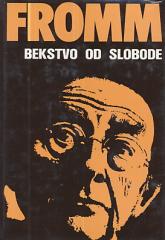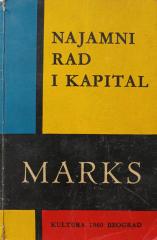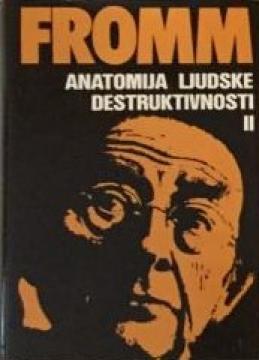
Anatomija ljudske destruktivnosti 2
In this classic study from 1973, Erich Fromm explores in depth the roots of human destructiveness. The book is not only a critique of violence, but a broad analysis of how biological, psychological and social factors shape our propensity for destruction.
Fromm challenges the popular idea that destructiveness is an innate "animal" aggression, emphasizing that in humans it is more complex – benign (protective) or malignant (necrophilic, love of death).
The book is divided into key sections:
- The Dark Side of Human Nature: Destructiveness is an active tendency to destroy life and its conditions, part of the human condition. The neocortex enables understanding, but can also intensify destruction. Early childhood, especially maternal love and security, is crucial for character formation – its lack can breed aggression.
- The Roots of Violence: Historically, violence was a survival mechanism for food and territory for early humans. It was later justified by institutions such as religion and politics. Fromm introduces the concept of necrophilia – a metaphorical obsession with death, evident in societies that celebrate war, weapons and material power, such as fascism.
- The Individual and Society: Social structures – family, education, economy – shape personality. Capitalism, with its competition, inequality and alienation, encourages destructiveness. Fromm analyzes cases of necrophilic patients (e.g. those who wander through cemeteries) and dreams, showing how destruction manifests itself.
- A call for transformation: Fromm calls for the recognition of destructiveness on an individual and societal level. He proposes a shift from a necrophilic (death-oriented) to a biophilic orientation (celebration of life, love, solidarity, creativity). Only humanistic values can stop the "orgy of destruction" and promote peace.
Fromm uses historical examples (e.g. Nazism) and anthropological studies to show that destructiveness is not fate, but a product of the conditions of existence. The book is a global analysis that allows readers to independently assess the data, warning that man sometimes destroys for the sake of destroying. This work remains relevant in an era of conflict, reminding that change is possible through awareness and ethics.
No copies available
The last copy was sold recently.
